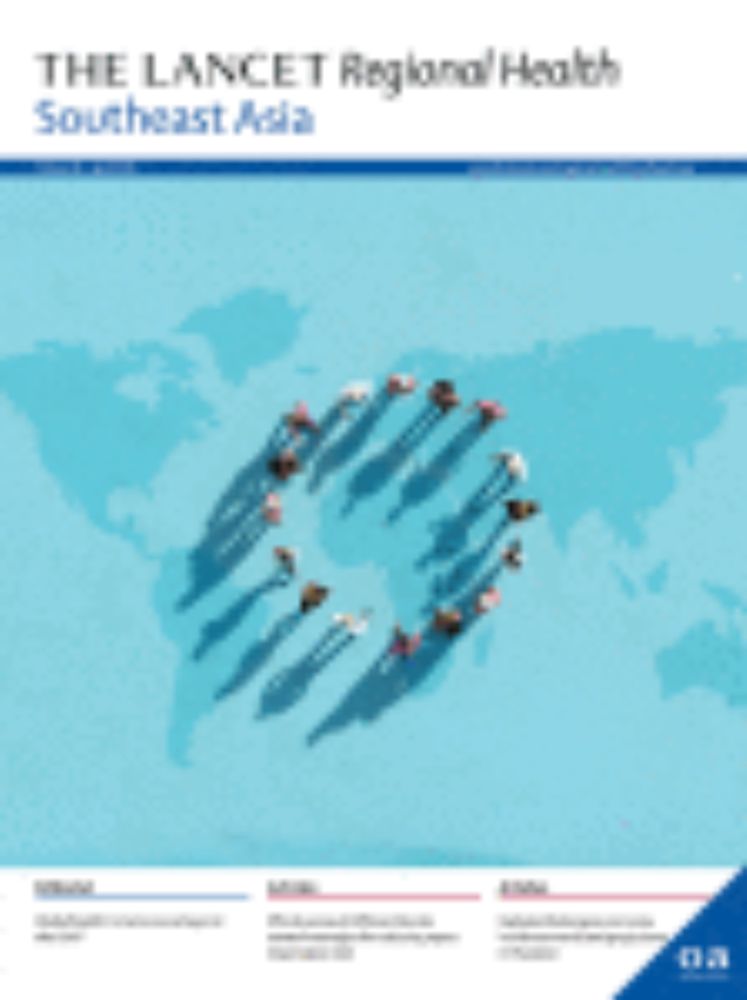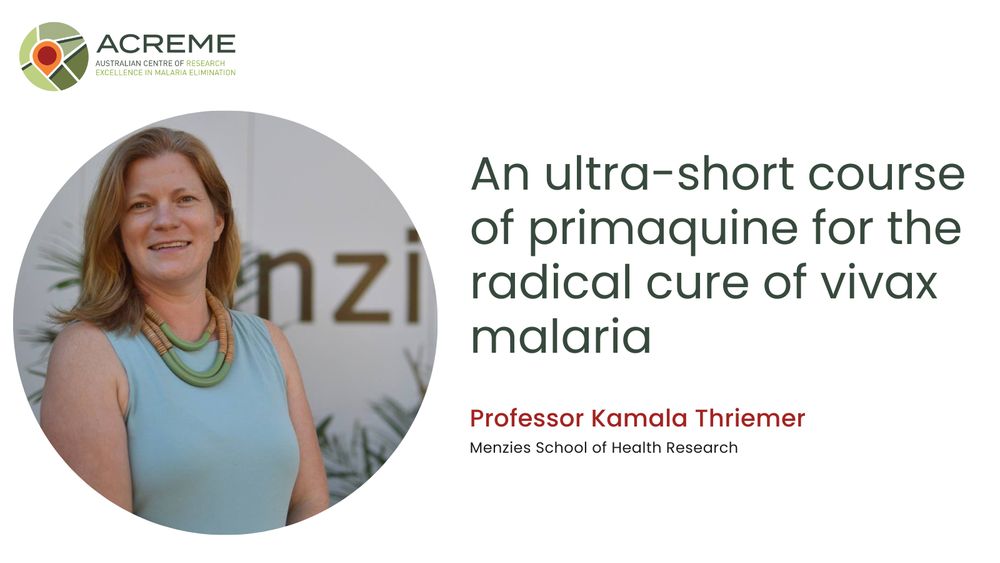A/Prof Angela Devine
@devinefy.bsky.social
130 followers
230 following
16 posts
Health economist concerned with all things infectious👩⚕️🦟🧫🦠💰
Health inequalities, policy, & crochet🧶
@menziesresearch.bsky.social + UniMelb
Views=mine
Posts
Media
Videos
Starter Packs
Reposted by A/Prof Angela Devine
Reposted by A/Prof Angela Devine
Reposted by A/Prof Angela Devine
Karinna Saxby
@ksaxby.bsky.social
· Jul 20

Gender identity and mental health inequalities 2001–2022: population-level evidence from an Australian cohort study
Background Trans, non-binary and gender-diverse (TGD) people experience poorer mental health relative to cisgender populations. However, we know little on how TGD mental health inequalities are changi...
mentalhealth.bmj.com
Reposted by A/Prof Angela Devine
Kamala Thriemer
@kthriemer.bsky.social
· May 13
Reposted by A/Prof Angela Devine
Reposted by A/Prof Angela Devine
Reposted by A/Prof Angela Devine
Ben Cooper
@bugwonk.bsky.social
· May 1

Cost-effectiveness of maintaining an active hospital microbiology laboratory service in Timor-Leste
Maintaining an active hospital microbiology laboratory allows definitive antibiotic treatment for bacterial infections to be given in a timely manner.…
www.sciencedirect.com
Reposted by A/Prof Angela Devine
Reposted by A/Prof Angela Devine













